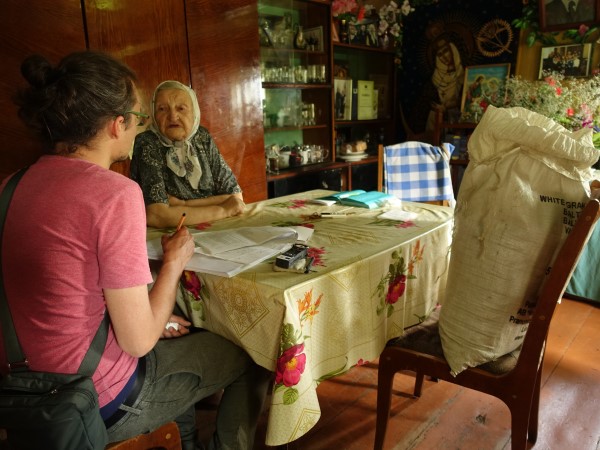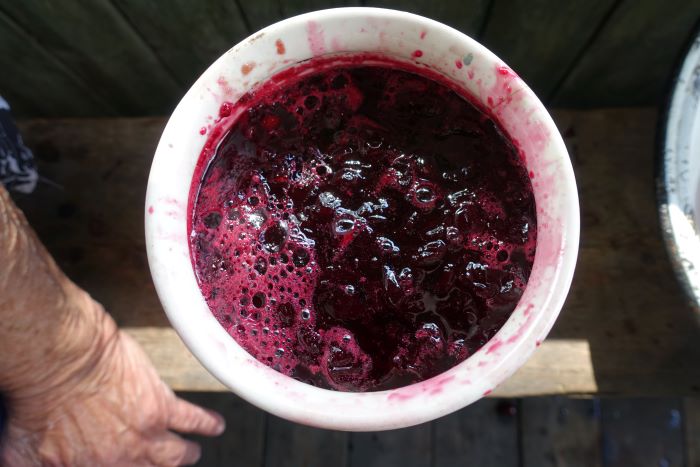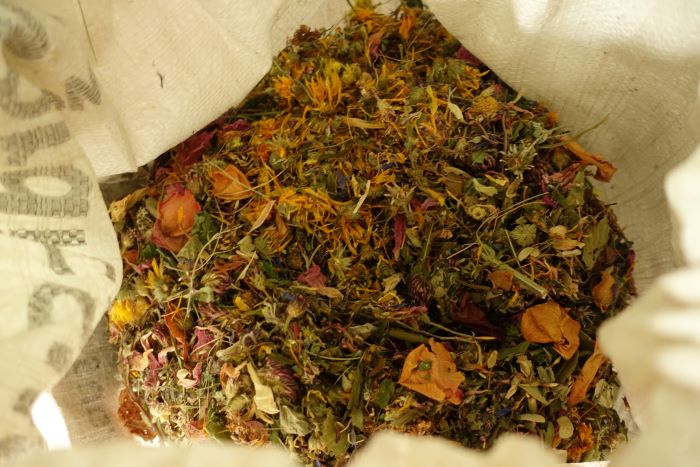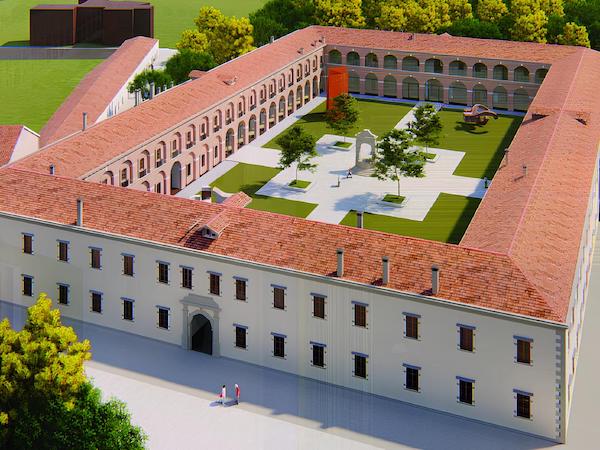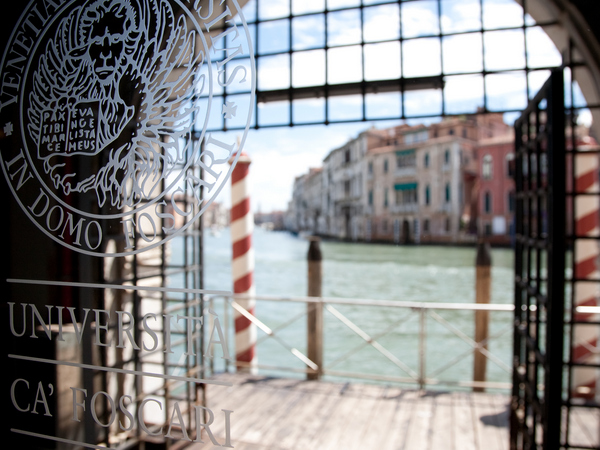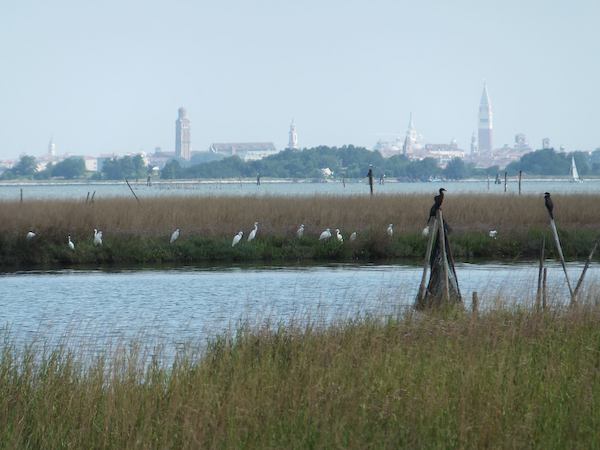Local Ecological Knowledge - or LEK - is a set of knowledge, skills and practices related to the environment, shared within communities in a specific place. It can be the knowledge on how to use wild food, what to use for heating the stove, what mushrooms are edible and how to find them or how to read the signs left by the various animals visiting your garden.
Plants and their traditional uses, whether for medicinal or culinary purposes, hold significant importance in the Local Ecological Knowledge of any area. To foster biocultural diversity as a vehicle for a sustainable and mutually beneficial coexistence, it is essential to understand how plant-related knowledge circulates and changes.
This was the goal of the DiGe project (Ethnobotany of divided generations in the context of centralization), carried out by a team of scientists led by Renata Sõukand, Associate Professor of Botany at the Ca’ Foscari Department of Environmental Sciences, Informatics and Statistics. This ambitious research work was made possible thanks to a prestigious ERC Starting Grant.
The idea of the project was born even before professor Sõukand, principal investigator of DiGe, had concluded her PhD “I wanted to understand if and how the Local Ecological Knowledge of a tiny ethnolinguistic group of Setos in Estonia differs from that of the same Setos living in Russia. They were administratively divided already in 1943 and later the border was effectively closed after Estonia regained independence.
In such division I saw the possibility to observe different patterns of the effects of recent state policies and practices on knowledge. At that time, no-one had considered that policy could influence LEK. It took me several years of international fieldwork experience, also among Hutsul communities on both sides of Ukrainian-Romanian border, with my ethnobotany mentor Prof. Andrea Pieroni (Università di Scienze Gastronomiche) to see the international patterns, extend the study area and formulate valid research questions for DIGe project.”
The research work - which ended in January 2023 - has created an advanced understanding of the dynamics involved in the transformation of ethnobotanical knowledge within traditional societies and minority ethnic groups, when faced with attempts by dominant forces to unify and erode this practical knowledge.
Throughout the project, an interdisciplinary and international team meticulously documented Local Ecological Knowledge across 10 research sites in 8 countries that were either previously occupied by Russia or bordered the former Soviet Union. Fieldwork was conducted during the summers of 2018 and 2019, comprising over 600 in-depth interviews with members of 18 ethnic and linguistic groups (11 of which were minority groups) residing in rural borderland areas where wild food plants played a role in local food habits. In addition, the team spent months examining supporting information and original historical data in various archives and libraries.
One of the most significant outcomes of the research - as highlighted by Sõukand - was the discovery of strong homogenization of the LEK within the post-Soviet territories and abandonment of the locally based knowledge that was not supported by the centralized system. “We can literally see overlapping between uses of wild plants in Russian Karelia and those of Romanians in Ukraine (two places distant in environment and culture).”
The former Soviet republics and adjacent territories were selected as they represent a unique opportunity to explore the effects of political contexts on LEK, given that the studied communities had experienced the same political framework for an extended period. As Sõukand stated, this work has clearly demonstrated the devastating effects of Russian occupation on the LEK of the studied groups. “We detected the erosion, homogenization, and standardization of knowledge, particularly within institutionalized systems, and cross-border differences in knowledge transmission. In the post-Soviet countries we have studied, we found that ethnic minorities were detached from their local environments due to the political system and the absence of freedom. Conversely, Finnish Karelia, being the only region not under the socialist block, stood out in the confidence with which people spoke about their LEK and practices.”
Although field research in the area had already concluded by the time war broke out, the Russian attack on Ukraine had significant implications on the project “When the war started, the DIGe team were frozen for some time, not knowing what to do. - says Sõukand - Me as well, because my mum is Ukrainian, although I have lived a major part of my life in Estonia. For now, accessing the major part of studied territories is quite impossible and people from those sites have also been relocated. Addressing the DIGe research questions, we found that in such critical moments of social catastrophe, studies like this are even more needed and vital for scientific and local communities. Within those lines, I want to heartily thank my dear colleagues and students of Ca’ Foscari and especially of my Department, who have supported Ukraine by all possible means.”
In today's world, characterized by the rapid decline of biocultural diversity, we are also losing the wealth of popular knowledge associated with it. However, research projects such as DiGe offer hope. Professor Sõukand underscores the globalized nature of our world, where knowledge, much like plants, travel swiftly across continents.“Much of the knowledge which people needed for surviving in earlier times seems now not necessary, as we seemingly have everything. Yet, COVID-19 and the brutal war imposed on Ukraine by Russia forced us to recognize the need to preserve LEK and foster biocultural diversity for future generations.”
While plant diversity is important, equal importance lies in understanding how to utilize those plants. “If you have the plants, but don’t know how to use them, there is nothing you can do. So, keeping cultural diversity and different languages (and dialects) alive along with biological diversity is so essential. To revitalize the Local Ecological Knowledge we first need to acknowledge its importance on the society level and then try to understand how and why LEK changes in modern society, which was precisely the goal of DiGe”
The in-depth work carried out within the project doesn’t stop here. Concerning the future of this line of research, Professor Soukand emphasizes the importance of understanding how to ensure the continuous circulation of Local Ecological Knowledge within society. “It is obviously not enough to document the knowledge in writing, as much of it is based on the practice and contains “the secret ingredient” which cannot be transferred without actually doing it. We also need to identify the patterns of changes which have occurred during the 20th century and especially in the last years due to turbulent times. On the applicable side, we need to support current knowledge holders (mainly elderly people) and encourage them to pass on the knowledge, also employing schools as mediators, to share it with the younger generations.”





